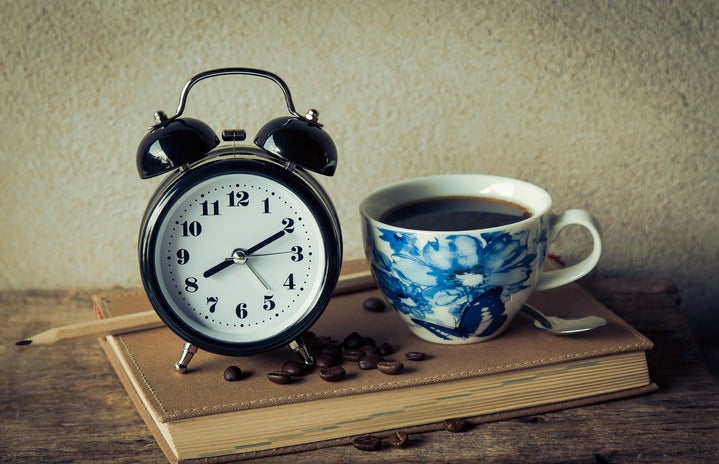Now that it’s officially finals week, we will all be trapped in libraries for what feels like (and probably is) hours and hours. Studying gets quite boring when all you’re doing is rereading textbooks and skimming through flashcards. The worst is that feeling when you’re gazing at the same terms all day long, but you feel like you’re retaining zero information. When finals come along, you have to know how to maximize your time studying for each exam in such a short amount of time. Using specialized study habits can lead to more active studying depending on your learning style. Here are some unique study habits beyond note-taking that make a difference:
1. Color Code Everything
Every time I make a study guide or notes, I color code the text for each concept, chapter or reading — whether they’re written or typed notes. By doing this, you can easily categorize the different topics throughout the semester. Compartmentalizing information is a helpful tool as a college student since these tests cover basically half a textbook. Plus, it makes your study guides looking beautifully colored and more organized! It doesn’t have to be Pinterest-worthy, but adding a pop of color can brighten up your study day at the library.
2. Read the Material Out Loud
Everybody learns differently. Some people are auditory learners while others are visual learners. However, what I’ve found to be really effective is reading my notes out loud as if I was teaching the material to someone else. This incorporates all of your senses while also forcing you to further think of and explain the information. If you can explain the material to someone else then that’s a true determining factor that you actually know the information rather than that you just memorized it. This is especially helpful when the test incorporates conceptual questions.
3. Use Mnemonic Devices
For some classes, the exams are basically a test of whether you can memorize information or not. So, if memorization isn’t your strong suit, then find some tricks to keep that information in your brain. Mnemonic devices are memory tricks to help retain and retrieve information better. These most commonly include the use of acronyms — usually humorous ones. This will ultimately make memorizing easier and quicker; and during finals, time really becomes the most valuable thing (however all we also do want to get home as soon as possible as well).
4. Use the Learn Section on Quizlet
Quizlet is a great online tool for flashcards, but it also has supplementary tools like the learn section. The learn section requires you to look beyond reading a flashcard and going through the motions of clicking and flipping. It goes through a system that makes you truly understand, recognize and remember each term. Even if you know the term already, it makes you look over everything a few times. Once you’re done using this tool, you definitely feel a lot more prepared and well-grounded with the material.
5. Use Grid Paper for Mathematic Material
This tip seems really basic, but it can go a long way when it comes to organization. Sometimes writing charts, equations and graphs get messy and difficult to read on lined paper. With grid paper, everything is much more organized and well spaced out so you can easily see each step of an equation and have plenty of room to write additional side notes. This should be done throughout your class in lectures too because it will make looking back at your notes so much easier!
Everybody has different study habits and learning styles that work best for them. It’s up to you to find out what works best whether it’s all or none of these suggestions. If you’re not the best memorizer, then it would be a good idea to check these ways to make the studying process less stressful and more time-efficient. During finals week, you’ll feel like you need to find a way to maximize your time the best you can. Just rereading notes and flashcards may feel like the easier choice, but I’ve definitely found that these immersive study habits really do help out!



